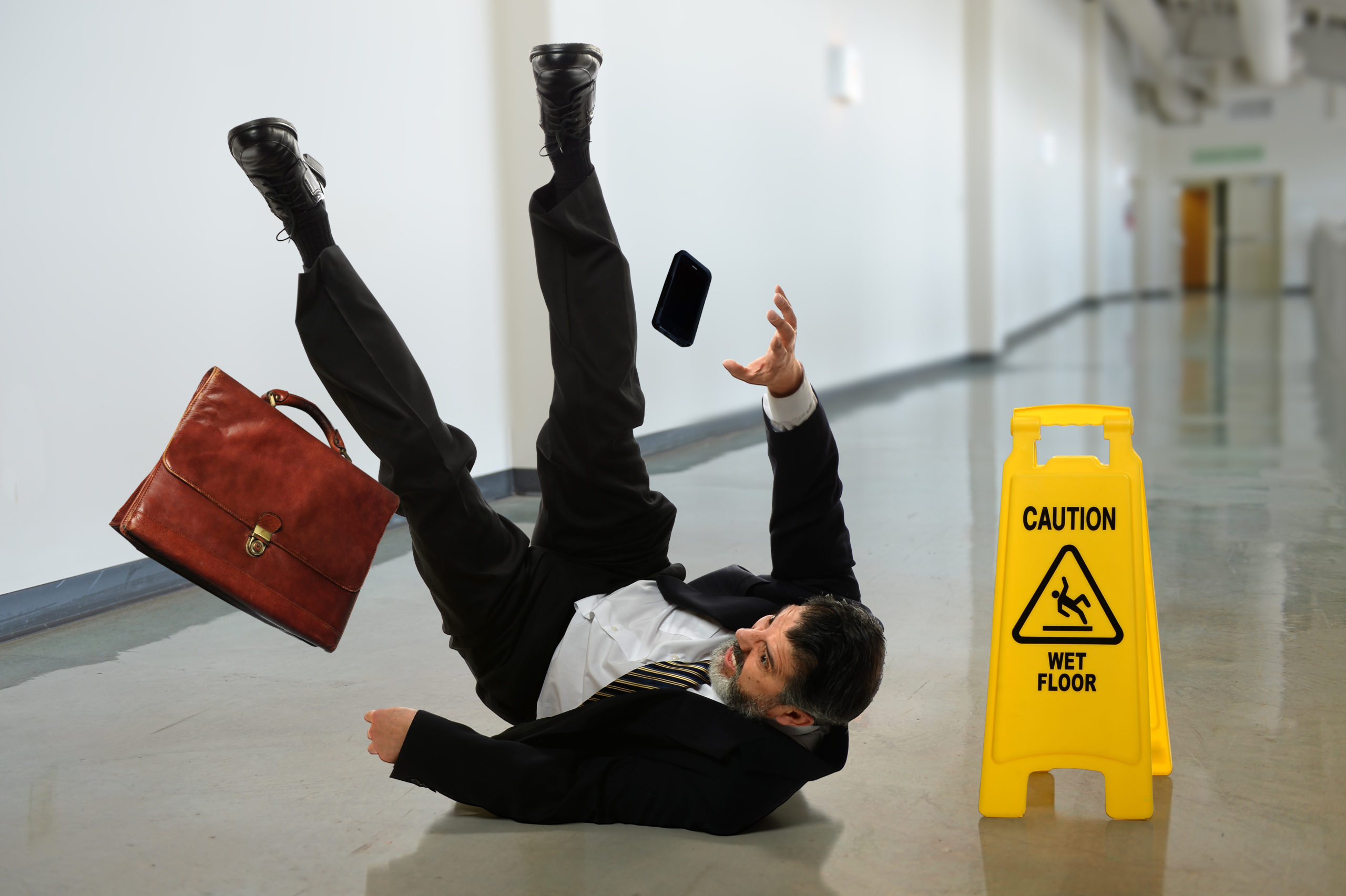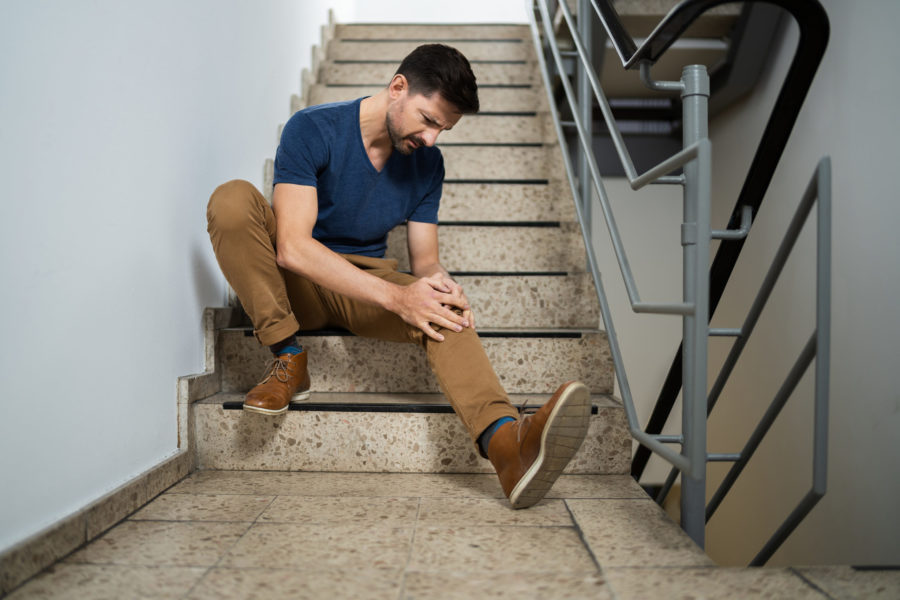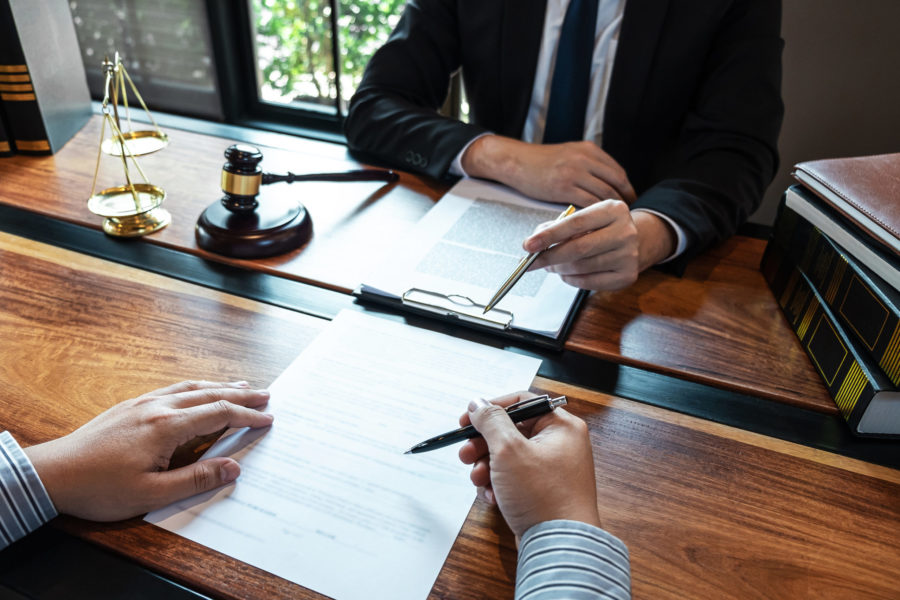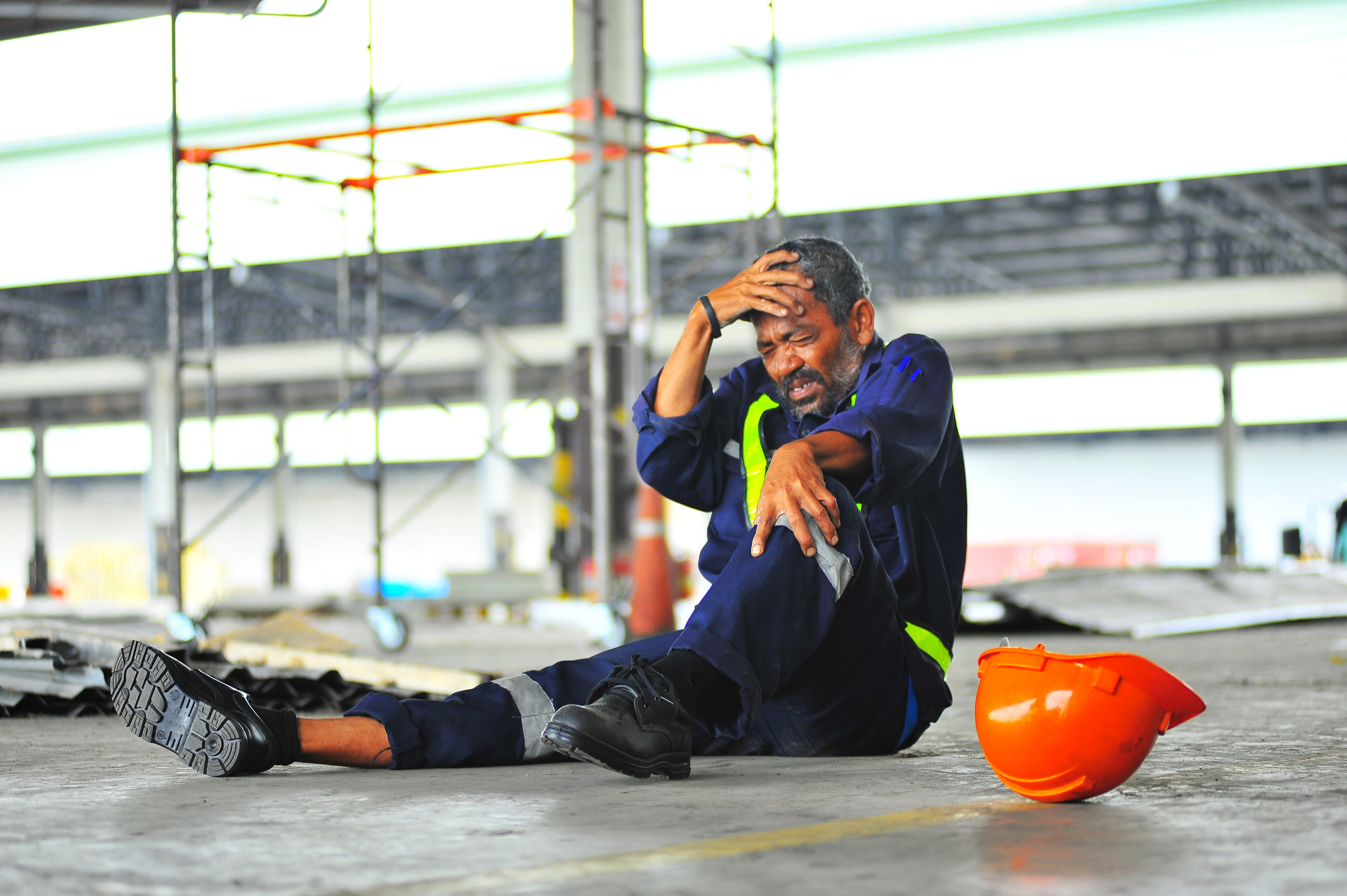
Legal Defenses Against Slip and Fall Claims for Hotels

Premises liability cases like slip-and-fall claims can be expensive nuisances for businesses, especially hotels, which can have dozens or hundreds of people walking through them every day. A hotel can be on the hook for tens of thousands of dollars worth of damages, sometimes more, depending on the nature of the case. However, some legal defenses can effectively mitigate slip-and-fall claims.
If you’re a hotelier facing a costly slip-and-fall claim, the legal team at Mullen Holland & Cooper P.A. can help you fight back, protecting your business and your bottom line. We’ll explore some of the most potent defenses against slip-and-fall claims here, and look forward to answering any questions you may still have during a free initial consultation. Contact us to speak with an experienced business attorney today.
Defenses Against Slip-and-Fall Claims
Hotels can occupy tens of thousands of square feet of space, and as such, it can be difficult to detect every potential slip-and-fall hazard on the premises, or to get staff members to correct them in a timely manner. However, failing to do so can sometimes result in significant liability claims, which can cost thousands of dollars to settle, if not more.
Yet, business owners should be aware that there are strategic defenses that may help them fight back against premises liability claims. Some of these defenses include:
Inadequate Notice – A plaintiff in a slip-and-fall case must prove that the owner of the property on which the accident occurred knew or should have reasonably known that a hazard existed on their property. One way to counter this argument is called inadequate notice. Inadequate notice essentially means that the hazard did not exist long enough for the owner to know it was there and posed a risk to others. One example would be if someone spills their drink in the hotel bar and another person slips on the spilled drink seconds later. Security cameras may show that not enough time had elapsed for an employee to be notified and to clean up the spill.
Open and Obvious – The open and obvious defense can apply to situations where any reasonable person should be able to understand that situation poses a hazard. Open-and-obvious falls can happen when a person wanders into an area that clearly poses a risk to their safety, or is distracted by their phone or another object and ignores an open and apparent safety hazard.
Pure Contributory Negligence – North Carolina is one of only a handful of states that still adheres to a pure contributory negligence model in accident cases. Contributory negligence states that, if the plaintiff shares any portion of the blame for causing the accident, they may not be allowed to recover financial compensation for their resulting injuries. If a hotel posts a caution sign because the staff has just mopped the floors but a guest walks on the floor anyway, their actions helped contribute to the accident. Under the pure contributory negligence model, the hotel may not have to pay damages.
These are just a few of the defense tactics that may be effective in fighting back against slip-and-fall claims. An experienced attorney can evaluate the particular situation in question and craft the correct defense to fit the case.
At Mullen Holland & Cooper P.A., we can review your entire case, investigate the cause of the accident, and then use all this information to craft a compelling and strategic defense plan. If you are facing a slip-and-fall claim, contact our office today to talk to one of our experienced premises liability defense attorneys during a free, no-obligation consultation.






